
Is Goth Associated with Any Particular Religious or Spiritual Beliefs?
Share
The goth subculture has long been shrouded in mystery, and one of the most common questions people ask is whether goth is tied to any particular religious or spiritual beliefs. With its dark aesthetics, fascination with the macabre, and occasional occult imagery, it's easy to see why some might assume there's a direct link between goth and certain spiritual practices. But the truth is much more nuanced.
At its core, goth is not tied to any specific religion or spiritual path. Instead, it's a diverse and inclusive subculture that welcomes people from all walks of life - whether they're religious, spiritual, agnostic, or completely non-religious. The beauty of goth is that it celebrates individuality, allowing people to explore and express themselves in ways that resonate with them personally. So, while you might come across goths who are drawn to paganism, mysticism, or alternative spiritualities, you'll just as easily find goths who don't subscribe to any belief system at all. It's this diversity that makes the subculture so unique and open to a wide range of worldviews.
Goth has always been more about aesthetic, emotion, and creative expression than about promoting any particular ideology. This openness allows for a mix of beliefs, philosophies, and values that come together under one broad umbrella, united by a shared appreciation for the darker side of life. Whether someone finds meaning through spiritual practices or simply enjoys the style and music, goth is a place where people can explore, question, and create their own sense of identity without rigid boundaries.
Diversity of Beliefs in Goth Culture
When it comes to religion and spirituality, the goth subculture is a true melting pot. You'll find goths exploring everything from traditional religious practices to alternative spiritual paths, while many others identify as agnostic, atheist, or entirely secular. There's no single belief system that dominates the goth scene - because, at its heart, goth has always been about individuality and self-expression.
Some goths may be drawn to paganism, Wicca, or other forms of mysticism, often as part of their exploration of nature, magic, or ancient rituals. Others might embrace Christianity, Buddhism, or non-religious philosophies while still rocking their goth aesthetic. And just as many goths don't subscribe to any belief system at all, simply finding meaning in the music, fashion, and art that the culture celebrates.
The key takeaway? Goth is a diverse community, where personal beliefs are as varied as the music genres and styles that make up the scene. It's a space that allows for exploration without judgement, and that's what keeps the culture so inclusive and ever-evolving. No matter what someone believes - or doesn't believe - there's a place for them in the goth world.
Common Misconceptions
One of the most persistent myths about goth culture is that it's somehow strictly linked to Satanism or pagan religions. Thanks to the dark, mysterious aesthetic and occasional use of occult imagery, goths are often misunderstood as being heavily involved in these practices. But let's clear it up: goth is not inherently tied to Satanism, paganism, or any one religion for that matter.
Sure, you'll find goths who explore pagan or occult traditions, but that's far from the norm across the entire subculture. Just as with any other community, spiritual beliefs in goth are highly personal and incredibly diverse. Some goths might be drawn to the symbolism of ancient religions, while others are devout Christians, Buddhists, or completely non-religious. It's all about personal expression - goth isn't a one-size-fits-all belief system.
The key thing to remember is that goth is a subculture built on individuality, creativity, and freedom of expression. There's no checklist of beliefs you need to follow to be part of the scene. Whether someone leans into spirituality or stays strictly secular, the goth world welcomes all paths - proving, once again, that the culture is about diversity and inclusion, not dogma.
Goth and Christianity
Surprise! Christianity and goth aren't as incompatible as some might think. In fact, there's a whole subcategory of Christian goths who blend their faith with the dark aesthetic and vibe of goth culture. It's not uncommon to see Christian symbolism - like crosses, rosaries, or gothic depictions of saints - incorporated into goth fashion and art, creating a unique intersection of spirituality and style. For many, these symbols take on new layers of meaning, blending faith with the visual drama goth is known for.
Christian goths have found a way to express both their religious beliefs and their love for the goth subculture without compromising on either. Some are drawn to the rich history of religious iconography, while others see the goth exploration of themes like mortality and redemption as aligning with their Christian worldview. From churches hosting goth-friendly services to Christian goth bands combining spiritual messages with dark music, this fusion is more common than you might expect.
The reality is, goth culture is all about personal expression and identity, which makes room for a variety of beliefs - including Christianity. In a space that celebrates individuality, there's no conflict in embracing both the dark aesthetics of goth and a deeply held faith. It's proof that goth isn't about one single worldview - it's about making space for diverse voices and experiences.

Goth and Occultism
The goth scene definitely has a flair for the occult, but it's more about the aesthetic and philosophical intrigue than any deep religious commitment. Occult themes - like mysticism, tarot, and witchcraft - are often used as symbols to explore the unknown, the mysterious, and the darker side of life, without necessarily implying any strong spiritual belief in these practices. It's the vibe, not the devotion.
From pentagrams to arcane symbols, occult imagery is everywhere in goth culture, but it's usually employed for its visual impact and its alignment with the goth fascination for all things shadowy and otherworldly. For many goths, these elements serve as a way to express a rejection of mainstream ideals, a curiosity about the metaphysical, or simply a love for the dramatic and mysterious. Occult symbols have a history of representing rebellion and alternative ways of thinking, which is exactly what goth culture thrives on.
But it's important to note that while occult and esoteric themes play a big role in goth fashion, art, and music, they don't necessarily reflect any unified belief system within the subculture. For most, it's a way to explore deeper philosophical ideas or to add a layer of mystery and intrigue to their look. Whether someone is seriously into the occult or just finds the imagery cool, goth makes room for both.
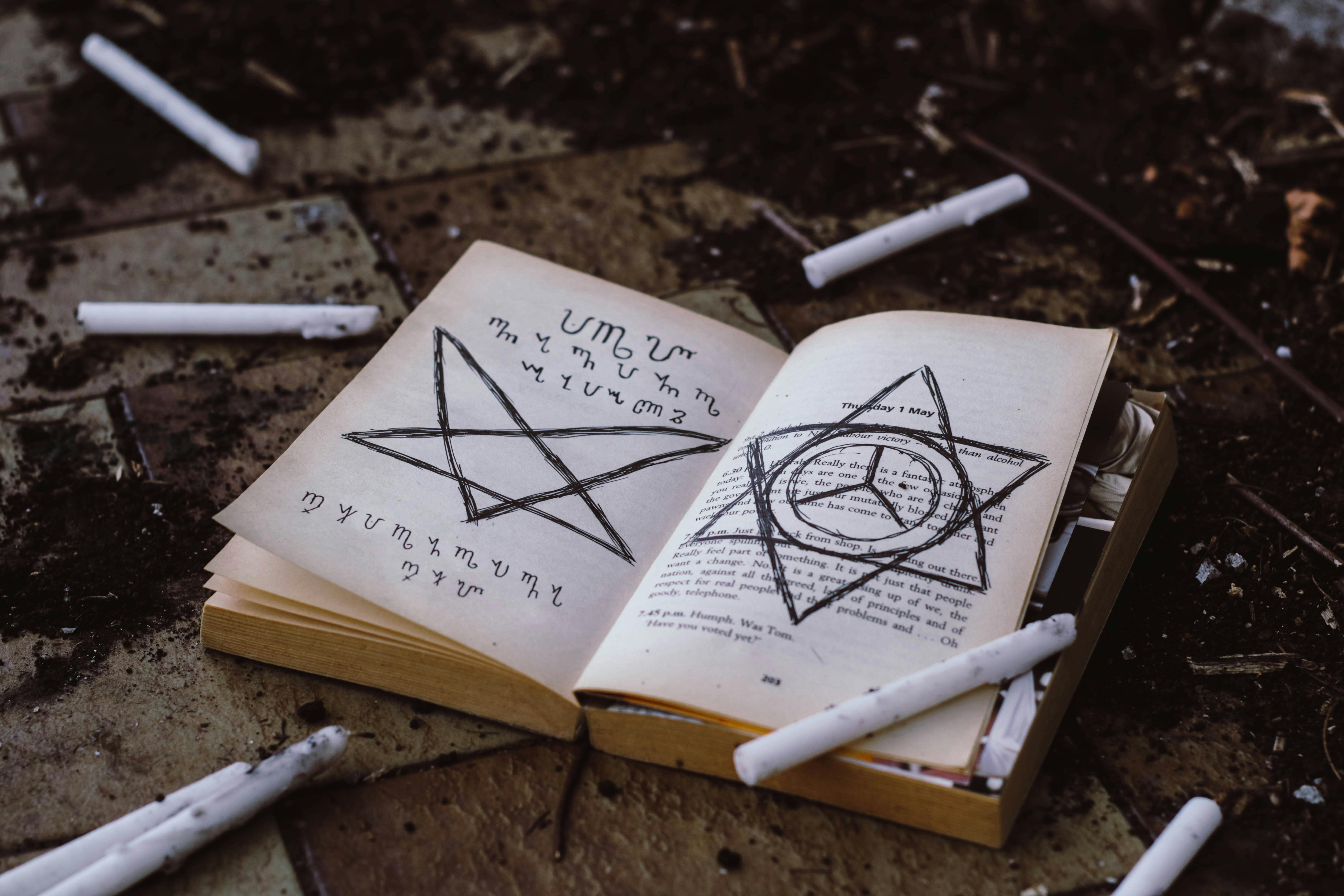
Goth and Atheism/Secularism
Atheism and secularism are pretty common in the goth scene, where many goths lean toward a more non-religious or atheistic worldview. But just because they're not attached to a specific faith doesn't mean they're not exploring some of life's biggest questions. In fact, goth culture thrives on diving deep into existential themes - like life, death, and the human experience - without necessarily looking at them through a religious lens.
For secular and atheist goths, the fascination with mortality, loss, and the darker sides of existence is more about confronting those themes head-on, rather than finding comfort in a spiritual or religious framework. The absence of religious context doesn't mean these goths aren't deeply philosophical - it's more about finding meaning through art, music, and introspection. This focus on the raw, unvarnished truths of life is exactly what draws many atheists to goth culture in the first place.
Goth's ability to explore these existential themes without the need for a religious backdrop makes it a welcoming space for those with secular beliefs. The dark, introspective nature of goth music and art often mirrors the inner world of those questioning or rejecting traditional religious narratives, creating a subculture where self-expression, curiosity, and a thoughtful approach to life's uncertainties can thrive.
Goth & Spirituality
Spirituality plays a unique and personal role in the goth subculture, offering a space for those who are drawn to deeper, more introspective ways of thinking. While goth isn't tied to any specific belief system, many within the scene embrace a sense of spirituality that's more about personal exploration than traditional religion. For some goths, it's about connecting with something beyond the everyday, whether that's through art, music, or a personal sense of wonder.
A common stance among goths is being "spiritual but not religious." This means they may be drawn to ideas or practices that explore the mysteries of life, without subscribing to any formal religious structure. It's a way of engaging with themes of mortality, the cosmos, and the unknown in a personal, self-guided way. Whether it's through tarot, meditation, or simply a connection to nature, spirituality in the goth scene is often fluid and individualistic, allowing each person to define it on their own terms.
In the goth community, spirituality is less about dogma and more about personal expression. It's a way to explore the deeper questions without the constraints of organised religion, creating a space where spiritual curiosity and creativity go hand in hand.
Goth culture is all about embracing individuality, and that extends to the wide range of beliefs within the community. From devout Christians to atheists, pagans, and those who are "spiritual but not religious," goth is a subculture that thrives on diversity - especially when it comes to personal belief systems. What unites goths isn't a shared religion, but a love for exploring the deeper, often darker sides of life through music, art, and self-expression.
At its heart, goth is a cultural identity, not a religious one. It's about finding beauty in the shadows, questioning norms, and creating space for everyone, regardless of their spiritual stance. Whether someone is deeply spiritual or completely secular, goth welcomes all perspectives, reminding us that there's no "one way" to be goth.
In a subculture built on inclusivity and creativity, it's important to approach goth with an open mind, accepting the diverse spiritual perspectives that make the scene so rich and varied. So, whether you're drawn to the aesthetic or the introspective vibes, goth culture is all about celebrating your unique self - beliefs and all.
If you're into goth culture, check out our goth keyrings, beanies and now our gothic art prints!


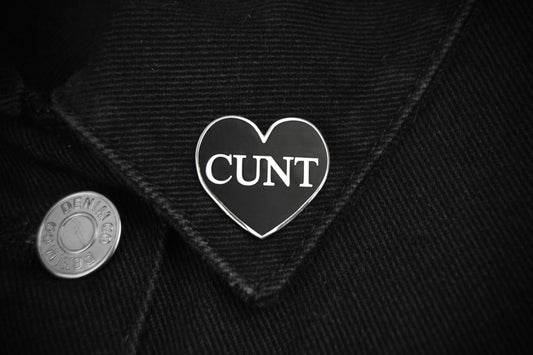


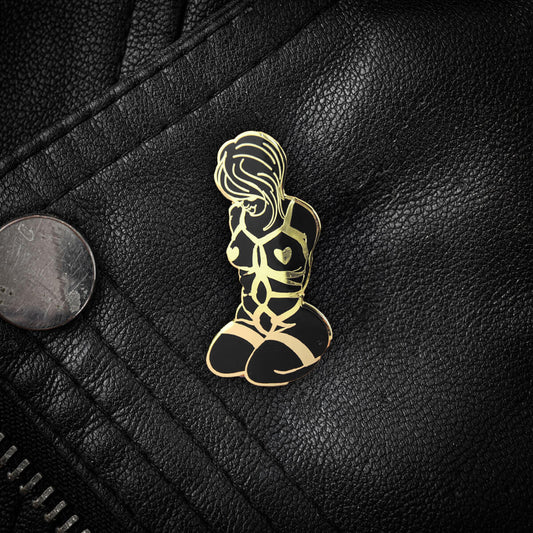
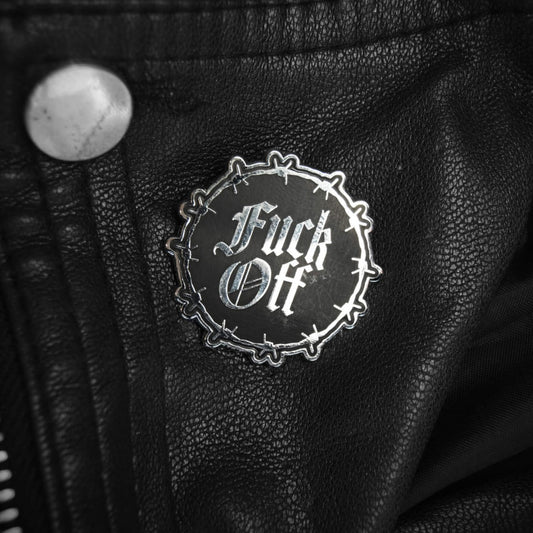

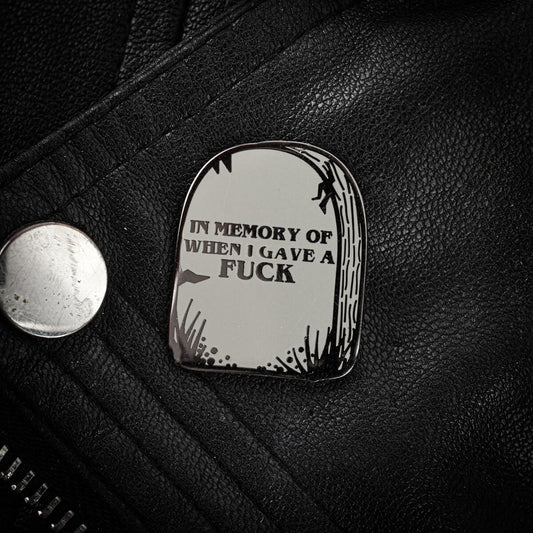
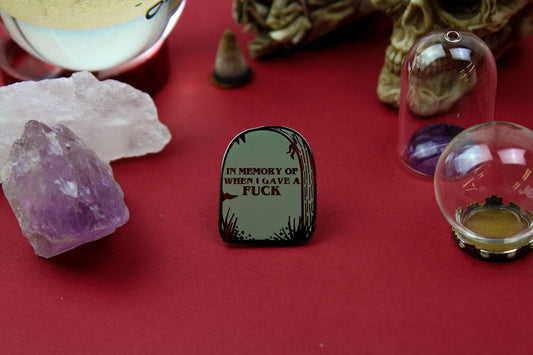


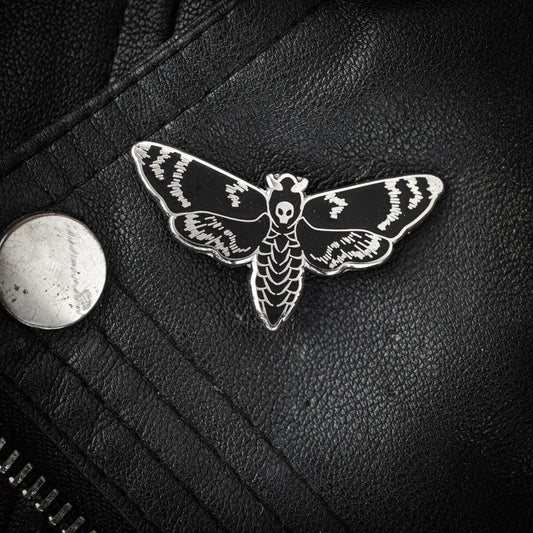
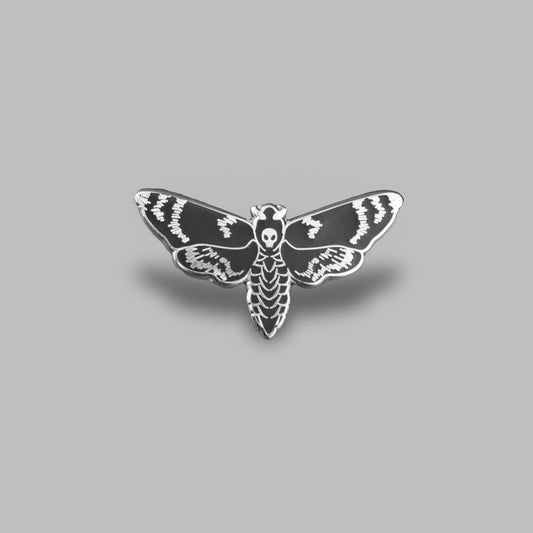
1 comment
I really appreciate it